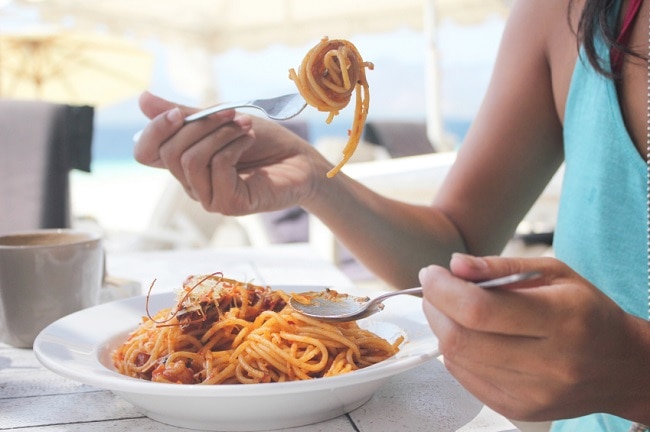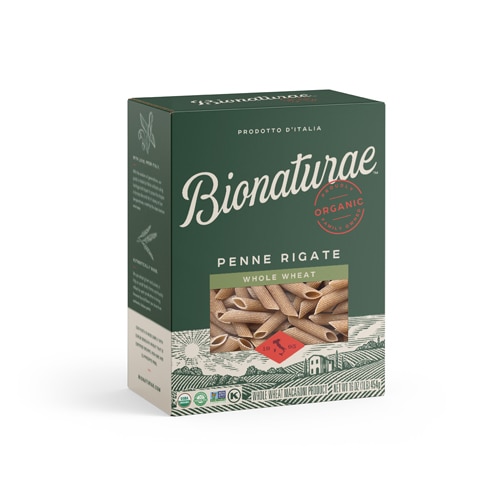Q: Do I really need to carbo load before a race?
Amy Marsh answers:
A: There are so many different approaches to race nutrition. Some athletes go gluten-free, some prefer a meatless meal, while others shy away from saturated fat and sugar. But perhaps the most popular choice is still the pre-race pasta dinner. If done properly and for the right event, increasing your carbohydrate intake can be just what your body needs.
[caption id="attachment_48242" align="aligncenter" width="650"] You can't go wrong with spaghetti. Try these gluten-free, brown rice noodles for easy digestion.[/caption]
You can't go wrong with spaghetti. Try these gluten-free, brown rice noodles for easy digestion.[/caption]
Working muscles rely on carbohydrates for fuel. When consumed, carbs are stored as glycogen -- the main energy source for your muscles. When glycogen runs low, athletes eventually "hit the wall." At this point, you're running on fumes. Enter carbohydrates. Overloading the muscles with glycogen enables you to sustain energy for a longer period of time. It's rather simple: the more glycogen you have stored away, the longer you'll last.
When: As you can see, the main purpose of "carbo loading" is to maximize fuel stores prior to an endurance event. However, you'll benefit most during events lasting longer than 90 minutes.
How: Start increasing your daily consumption of carbs 3-7 days out from your event.
What: There's almost an endless list of carbohydrate-rich sources, but it's best to choose foods with a moderate amount of fiber to limit any possible digestive issues. A few easy-to-digest carbs include:
- Whole grain bread and pasta
- Steel cut oats
- Brown rice
- Quinoa
- Pancakes and waffles
- Sweet potatoes
- Bananas
Though they're a great source of carbs, raw vegetables and beans have a bit too much fiber, which can leave you feeling bloated. Also, avoid high-fat foods and too much protein, as they take longer to break down -- great for your metabolism, but not ideal for exercising when you need energy fast.
My best advice is to experiment with carbo loading during training to determine the appropriate amount and which types of carbohydrates work best for your body. Good luck out there!



